foreign policy
Explore all Articles
filter by–Region
filter by–Country
search by–Keyword
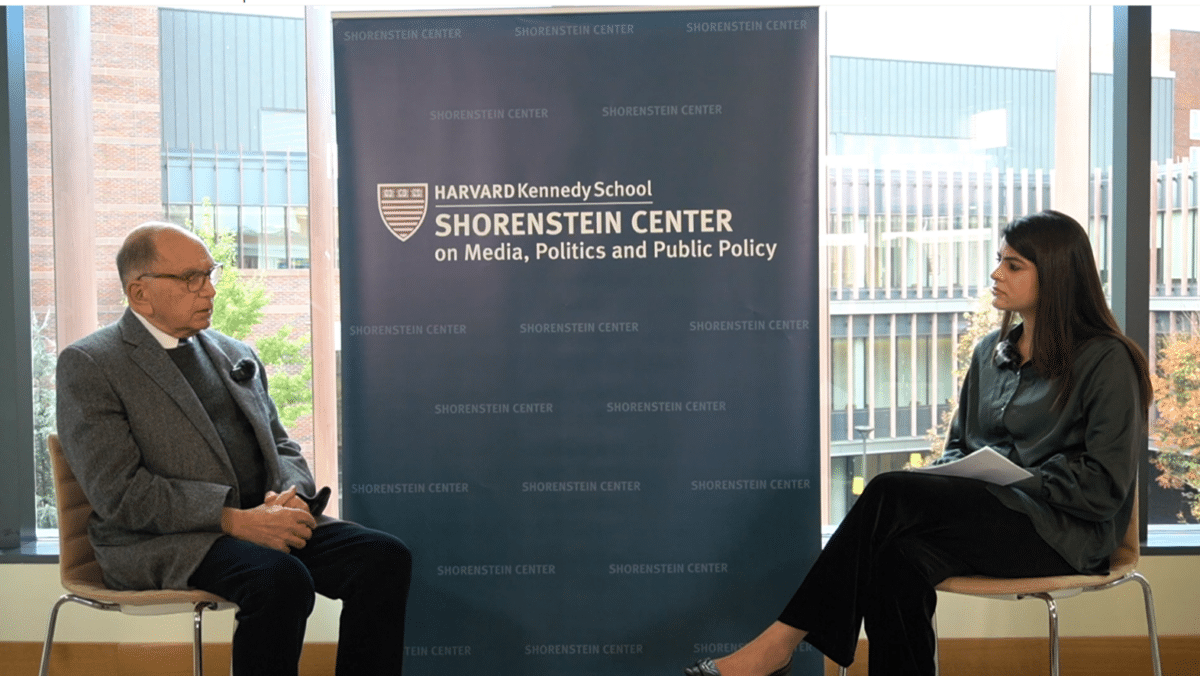
Interview with U.S. Ambassador (Ret.) Djerejian: U.S. Response to the Israel-Hamas War
11.8.23
On November 3, 2023, HKS Student Policy Review Senior Editor Samriddhi Vij sat down with former U.S. Ambassador to Israel and Syria, Edward Djerejian, to discuss the Israel-Hamas war.
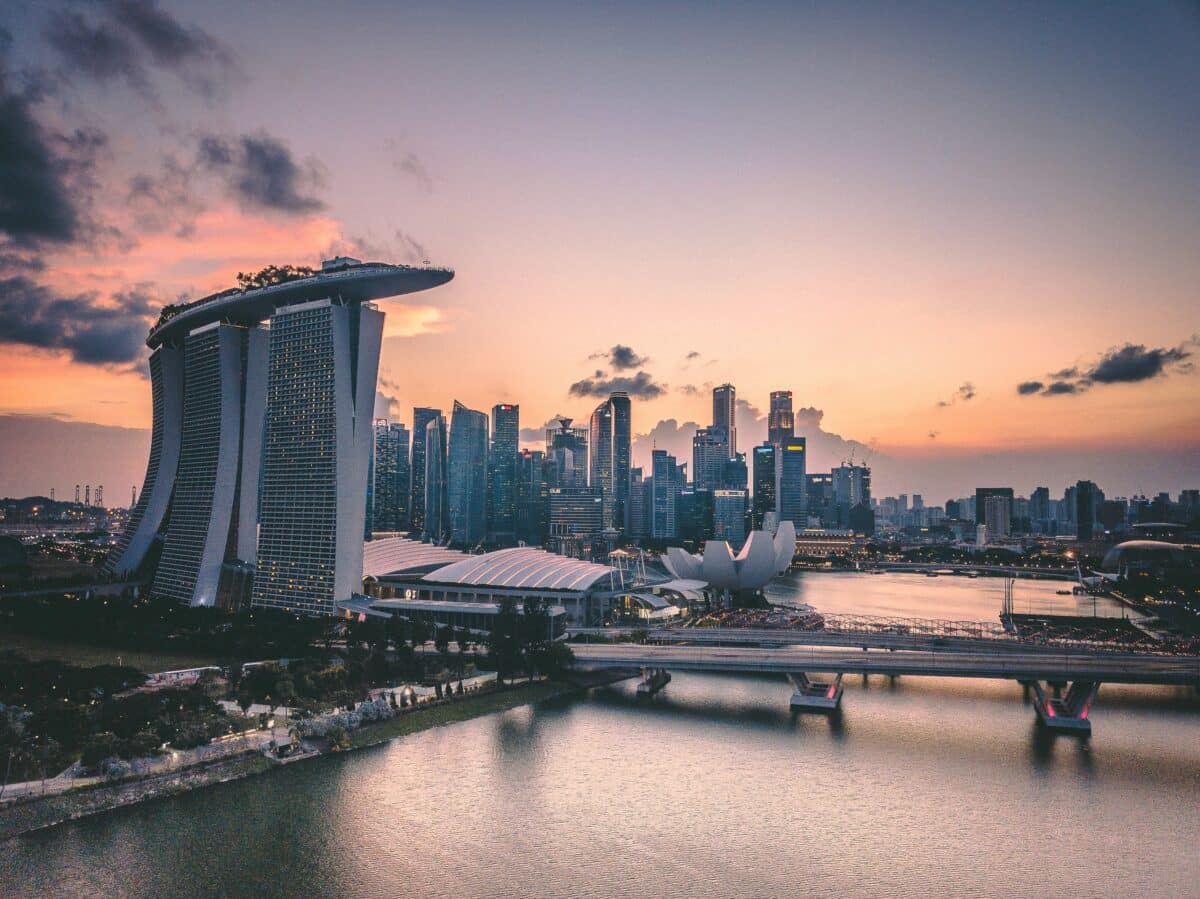
To What Extent is Singapore a “Middle Power” in the Indo-Pacific?
07.15.23
Elements of Singapore’s foreign policy qualify it as a “middle power,” as per de Swielande’s (2019) theory of regional powers in the Indo-Pacific. This paper addresses the predominance of studies on India, Australia, Indonesia, and South Korea in the literature, as the typical middle powers in the Indo-Pacific (de Swielande, 2019). Small states are frequently […]
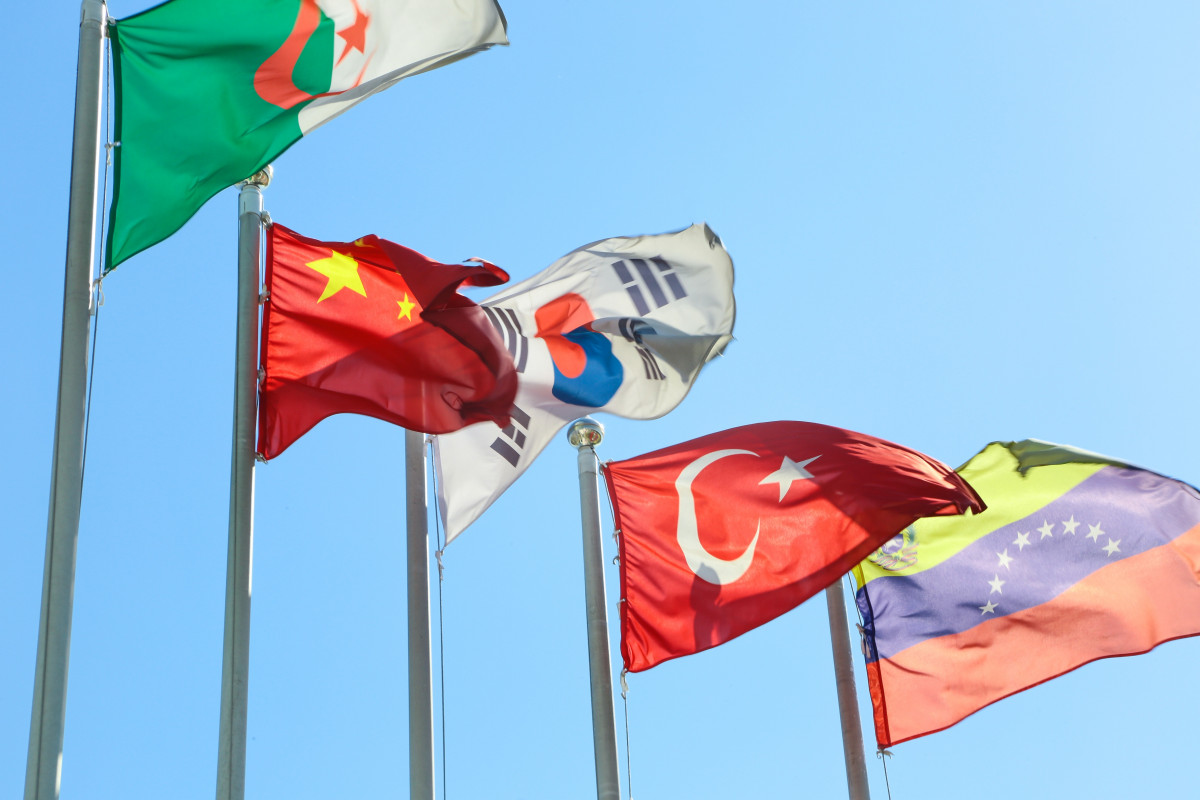
Intent to Destroy: Reproductive Violence against Uyghurs as a Weapon of Genocide in China
07.5.22
Background China is a multi-ethnic country comprising 56 ethnic groups, with the predominant religion being Buddhism. The Han ethnic majority group represents 91.5 percent of the population, while 55 ethnic minority groups account for 8.5 percent.[i] Uyghur Muslims represent 0.31 percent of China’s population. The Xinjiang Uyghur Autonomous Region, located in China’s northwest, is the […]

Republicanism is just the first step. True independence for Barbados demands transformative change.
06.20.22
On 30th November 2021, Barbados became a republic. Nearly 400 years after the first British ship arrived on the island, and exactly 55 years after independence from British colonial rule, Prime Minister Mia Mottley conducted a ceremony replacing Queen Elizabeth II with Dame Sandra Mason as the head of state. Bells chimed across the capital, […]
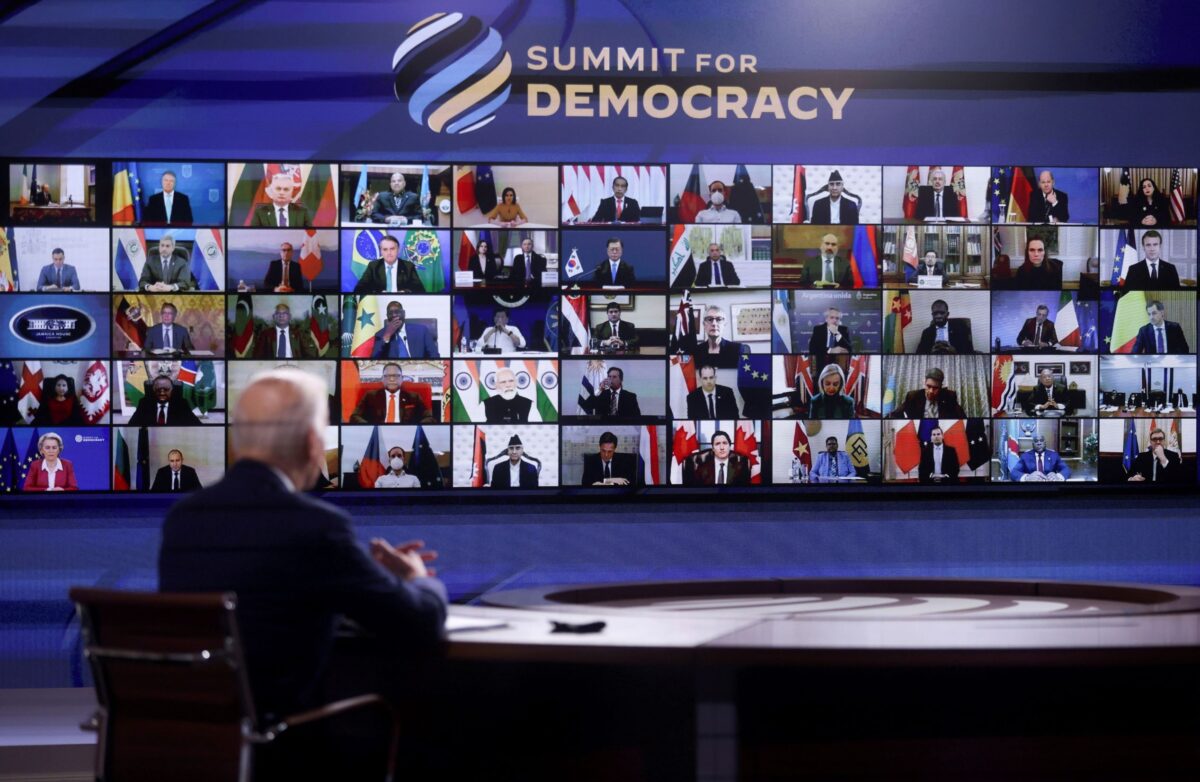
Singapore’s omission from “Summit for Democracy” is a blessing in disguise
04.29.22
Ng Qi Siang argues that it was ultimately beneficial for Singapore to be omitted from the US-organized Summit for Democracy in December last year. By highlighting key characteristics of the summit, he shows how Singapore’s participation is likely to signal a weakened commitment to its foreign policy principles, which includes the city-state’s commitment to non-interference in the internal affairs of other states and the pursuit of good relations with all who wish to work with it. He then discusses great-power tensions between the US and China, and how Singapore’s non-participation in the summit aligns with its strategy to navigate a more polarised world order.

Syria Needs Cross-Border Aid. Washington Needs Focus.
07.2.21
The war in Syria continues to constitute one of the most complex contexts in the Middle East today, with few realistic policy solutions available to end the conflict. That said, the upcoming July 10 debate over the renewal of United Nations Security Council Resolution 2533 (UNSCR 2533) concerning cross-border humanitarian aid marks a flashpoint that […]
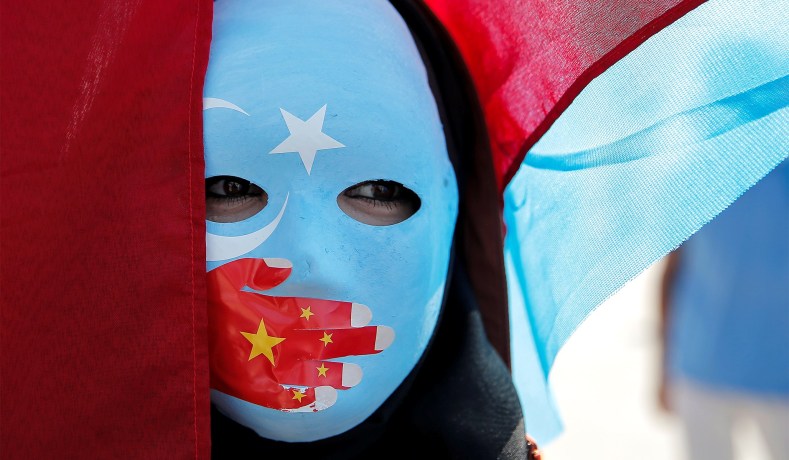
While China’s CT Policy in Xinjiang Lacks Humanity, It Also Lacks Long-term Effectiveness
02.3.21
China’s policy of interning more than one million Uyghurs in Xinjiang is both inhumane and unlikely to yield the results that Xi Jinping and the CCP claim they want.
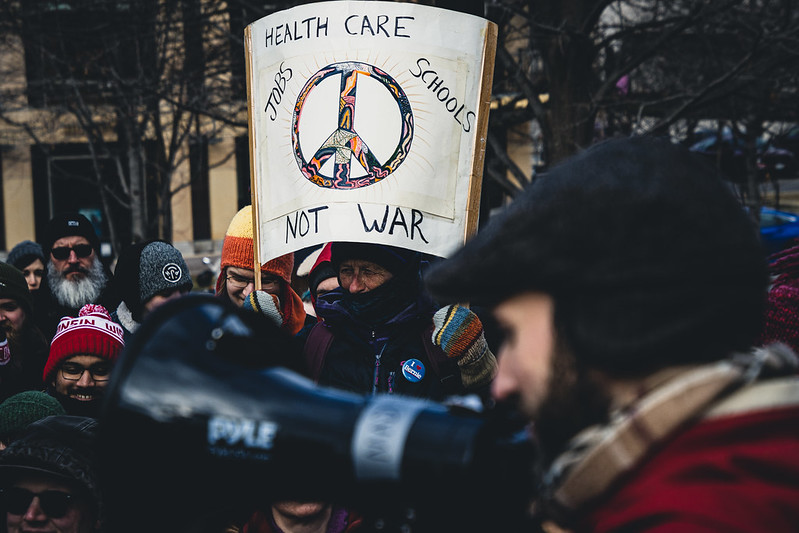
“Dignity, not Domination”: Imagining a Progressive U.S. Foreign Policy
12.18.20
What should a progressive U.S. foreign policy look like? Is such a thing even possible? Panelists sought to answer this and more in the first Progressive Caucus event of the Fall 2020 semester.
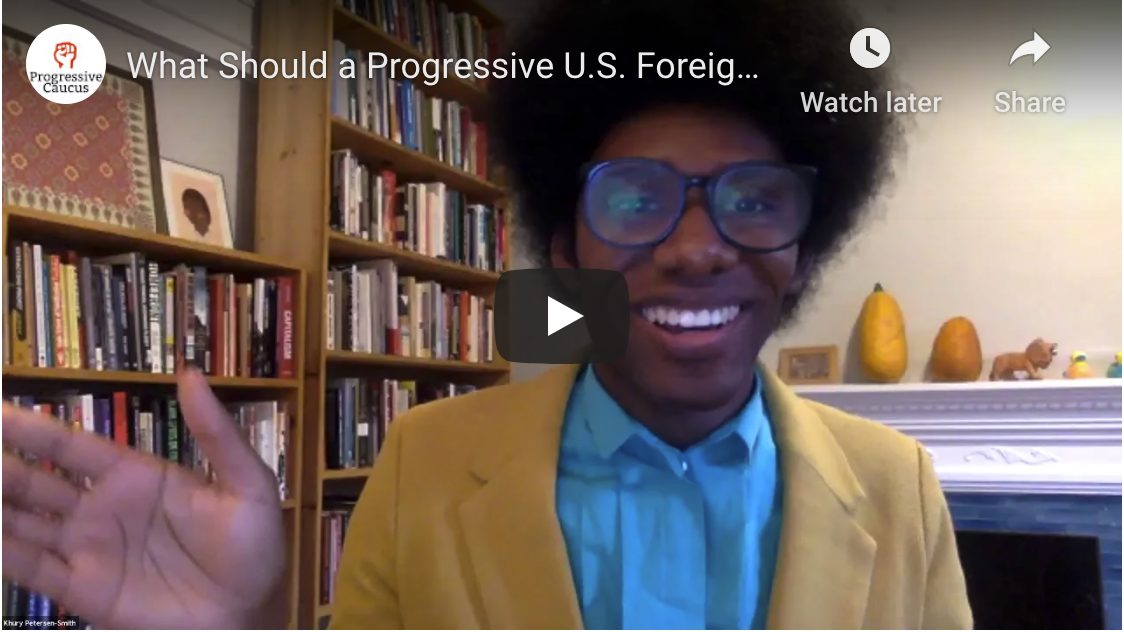
What Should a Progressive U.S. Foreign Policy Look Like?
11.19.20
The HKS Progressive Caucus hosted Khury Petersen-Smith, Shireen al-Adeimi and Tobita Chow for a conversation on progressive U.S. foreign policy, moderated by caucus co-chair Joey Leone. To hear about future events, follow the Progressive Caucus on Twitter @Progressive_HKS. Khury Petersen-Smith is the Michael Ratner Middle East Fellow at the Institute for Policy Studies. He researches, writes, and speaks about US […]

It’s Time for a U.S. Feminist Foreign Policy
06.15.20
Women leaders around the world are being disproportionately recognized for their skilled responses to the coronavirus crisis. These women have led compassionately and collaboratively, and put individuals—other women, in particular—at the center of their policymaking and response efforts, to incredible impact. Jacinda Ardern, Prime Minister of New Zealand, for example, has grabbed global headlines […]

Citizenship-Stripping as a Political Tool: A Comparative Perspective
04.27.20
Since the attempted coup on 15 July 2016, Turkish state authorities have engaged in what they characterize as a counterterrorism campaign against the political enemy they blame for the attacks: the expatriate cleric and government critic Fethullah Gülen, as well as hundreds of his followers who fled the country. The Turkish government still maintains that […]

From Prudence to Recklessness: Erdogan’s Risky Plays with International Law
02.28.20
Amidst abundant signs of turmoil and challenges in Turkey’s seemingly rudderless foreign policy, the country apparently needs a more diplomatic approach and legal expertise in international law rather than aggressive military posture in its immediate vicinity. As Turkey lurches into one crisis after another in the Eastern Mediterranean and the Aegean Sea, the prudent invocation […]